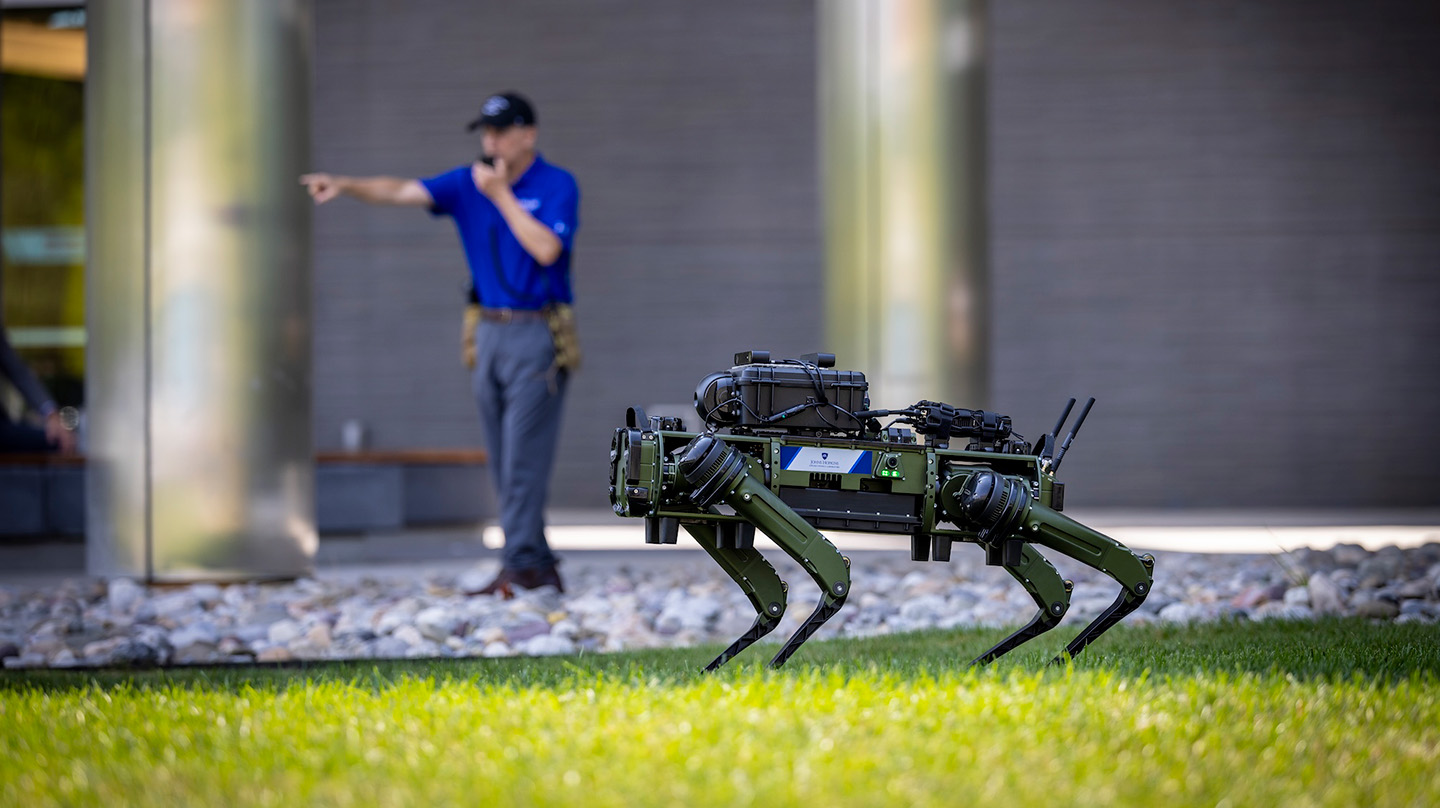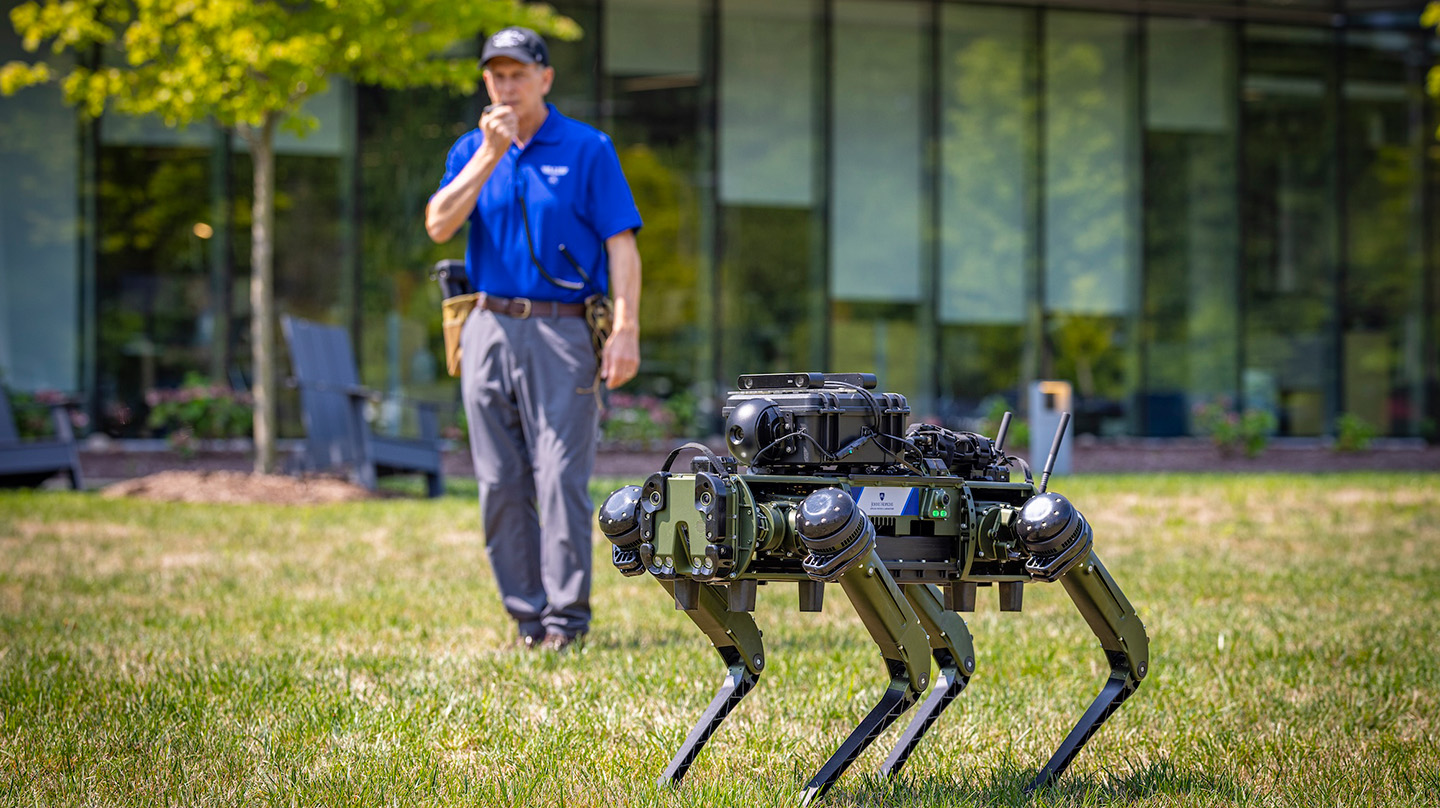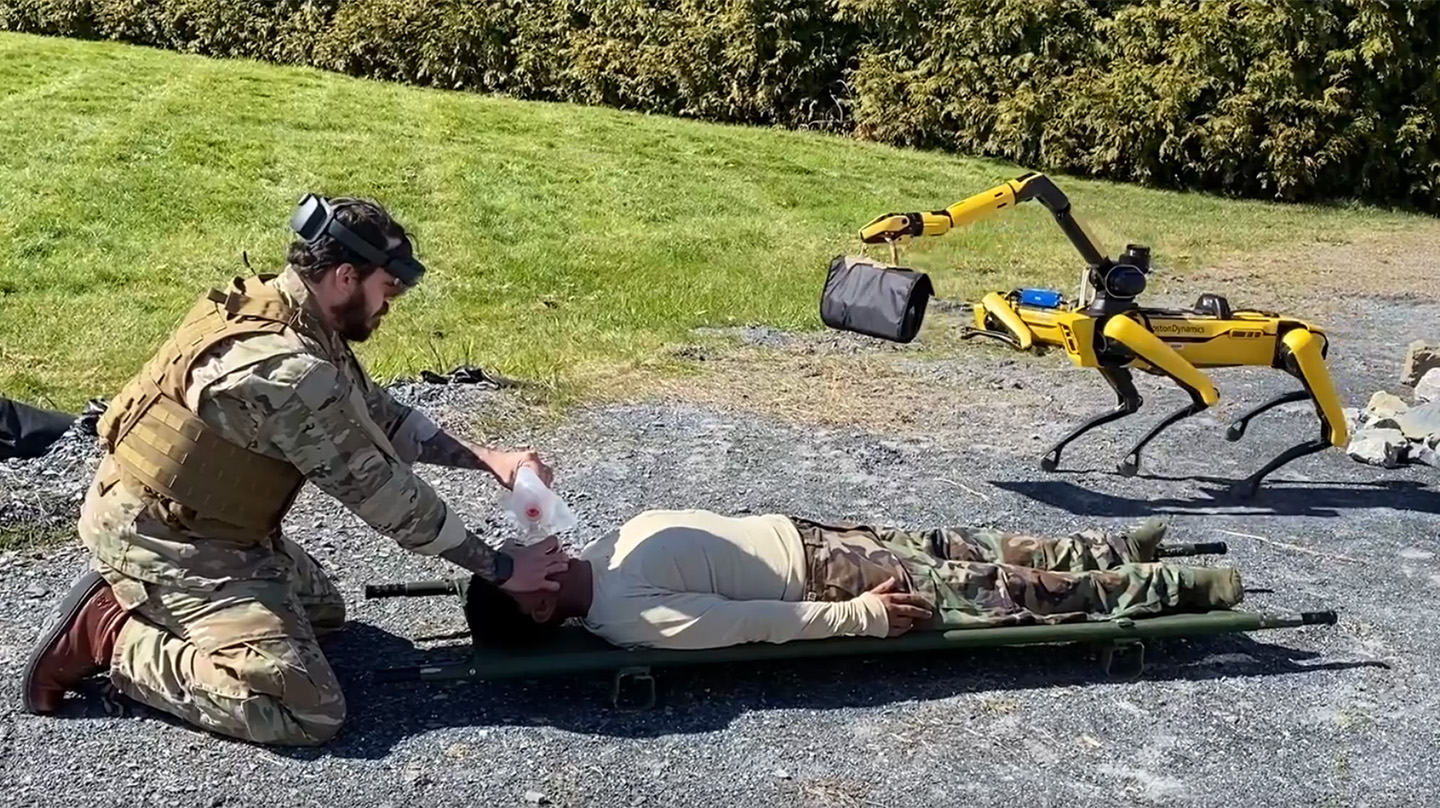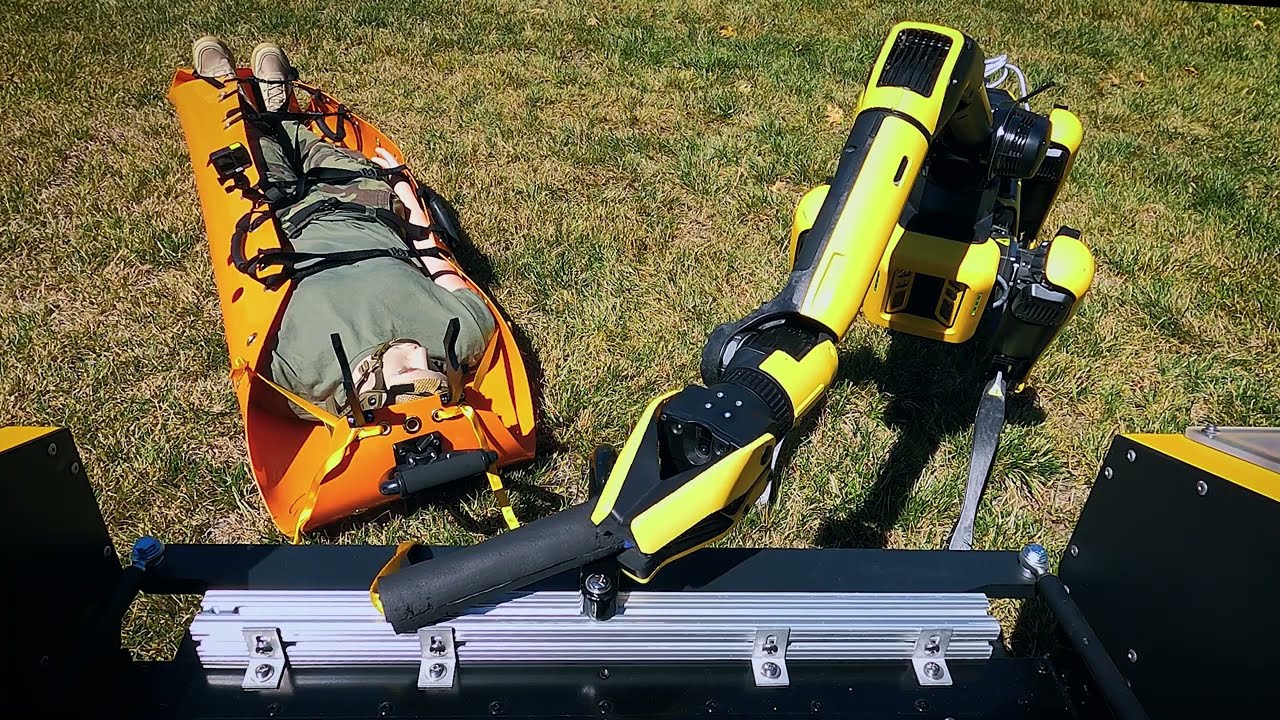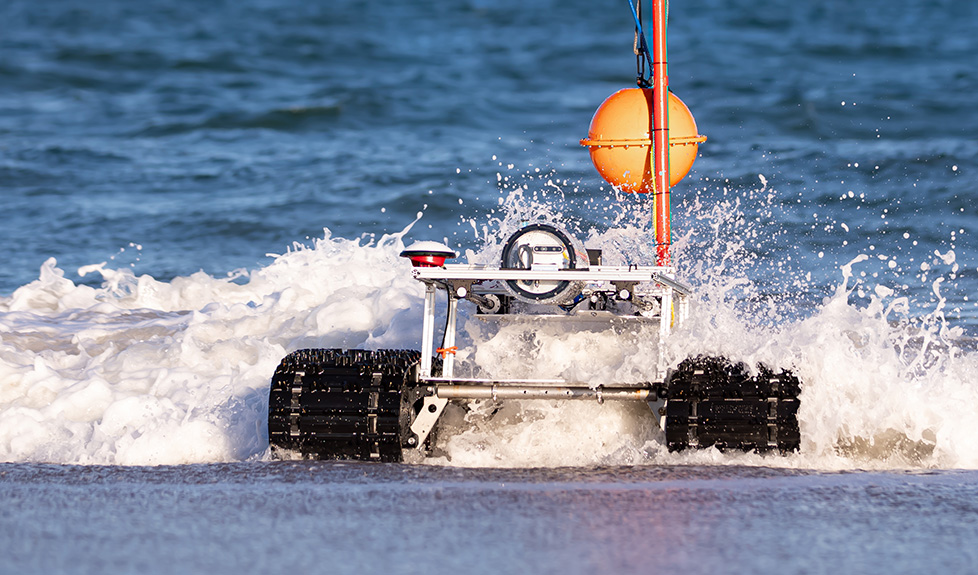
Research and Exploratory Development Mission Area
Robotics and Autonomy
About Robotics and Autonomy
Our team, primarily working in APL’s Intelligent Systems Center, utilizes novel control strategies, human-machine teaming, perception, and generative artificial intelligence to create intelligent robots that act with purpose in complex, adversarial environments.
- Acting Program Manager: David Patrone
Focus Areas
Adaptive Autonomy
Enable robots with human-quality decision-making to maneuver through complex environments
Adversarial Robotics
Design uncrewed systems to detect, characterize, and defeat adversary uncrewed systems
Extreme Robotics
Develop robots that persist in harsh environments and master novel performance envelopes
Multi-Agent Teaming
Optimize human-machine teaming, including trust and assurance considerations
Research Highlights
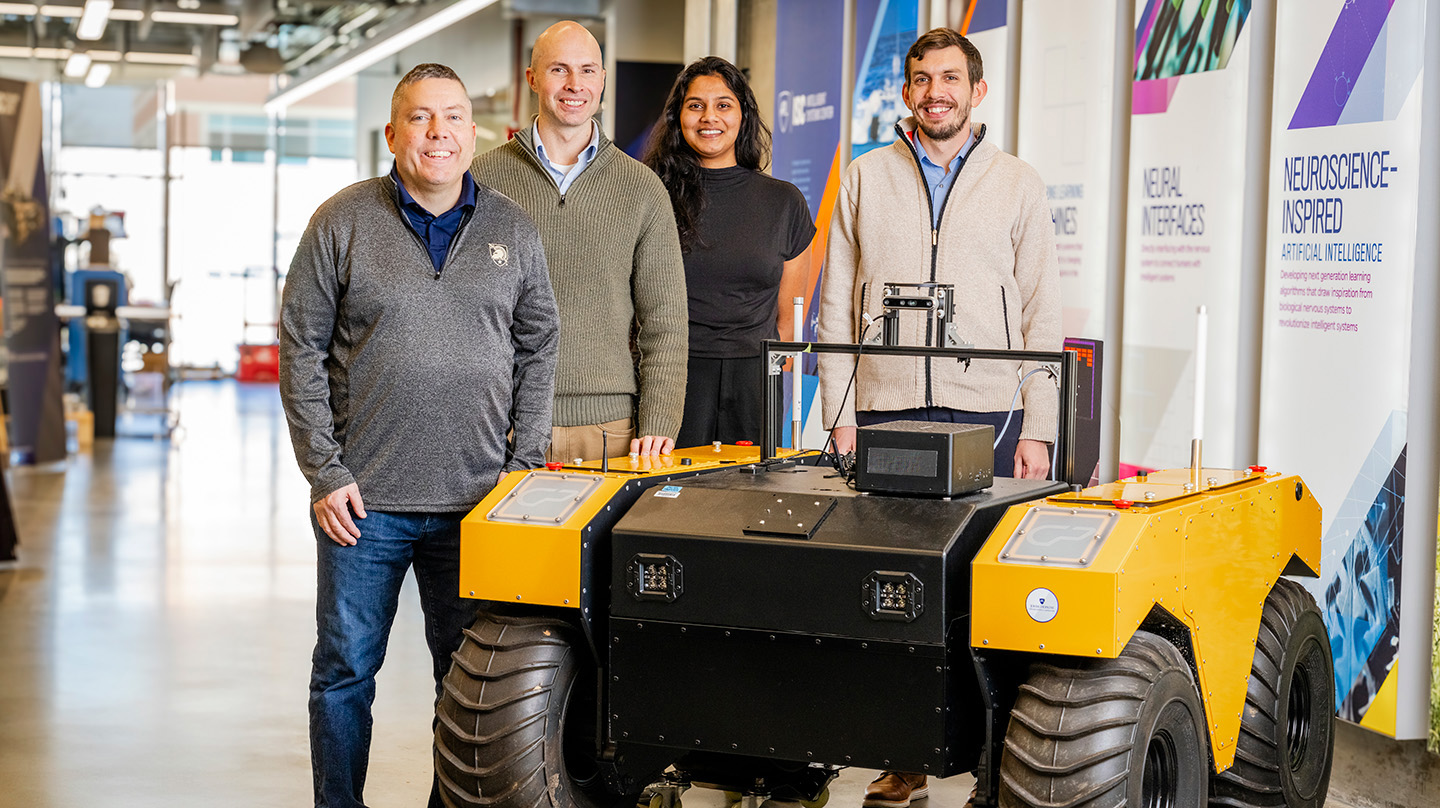
Training Robots to Plan and React Like Humans → Apr 3, 2025
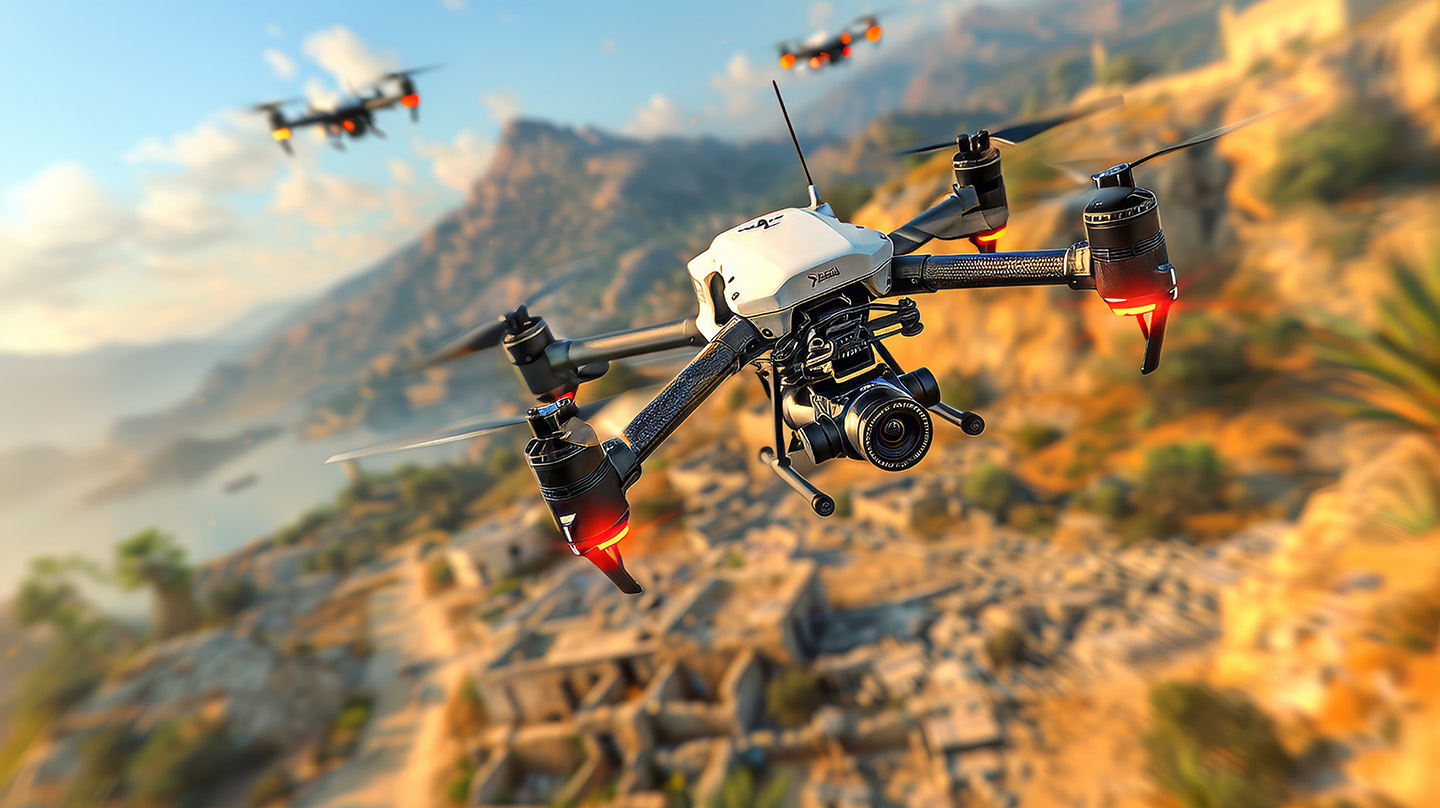
Coordinating Tactical Teams of Autonomous Machines → Oct 16, 2024
More Research Highlights
In the News
- From Tools to Teammates: Creating Robotic Medical First Responders (CNN, September 25, 2023)
- Loyal, Unafraid and Unmanned (Armada International, December 14, 2020)
- [Video] Scientists at Work: Teaching Robots to Think (PEWtrusts.org, April 12, 2019)
- Plays Well with Humans (Johns Hopkins Magazine, Winter 2019)
News from APL
- Medics and Machines: Developing Robotic Technologies to Provide Assured Care in the Field (July 26, 2023)
- Johns Hopkins APL Provides Autonomous Collision Avoidance Technology for Fixed-Wing UAVs (January 5, 2023)
- Johns Hopkins APL Researchers Aim to Set Safer Paths for Swift-Flying Robots (December 16, 2021)
- Johns Hopkins APL Helps DARPA OFFSET Program Take Flight (March 14, 2021)
- Six From Johns Hopkins APL Earn Johns Hopkins Diversity Leadership Awards (July 14, 2020)
- APL Discovery Projects to Explore Disaster Health, Ethical Robotics, School Safety (July 23, 2019)
- APL Researchers Know the CODE to Unmanned Aircraft Program’s Success (May 30, 2019)
